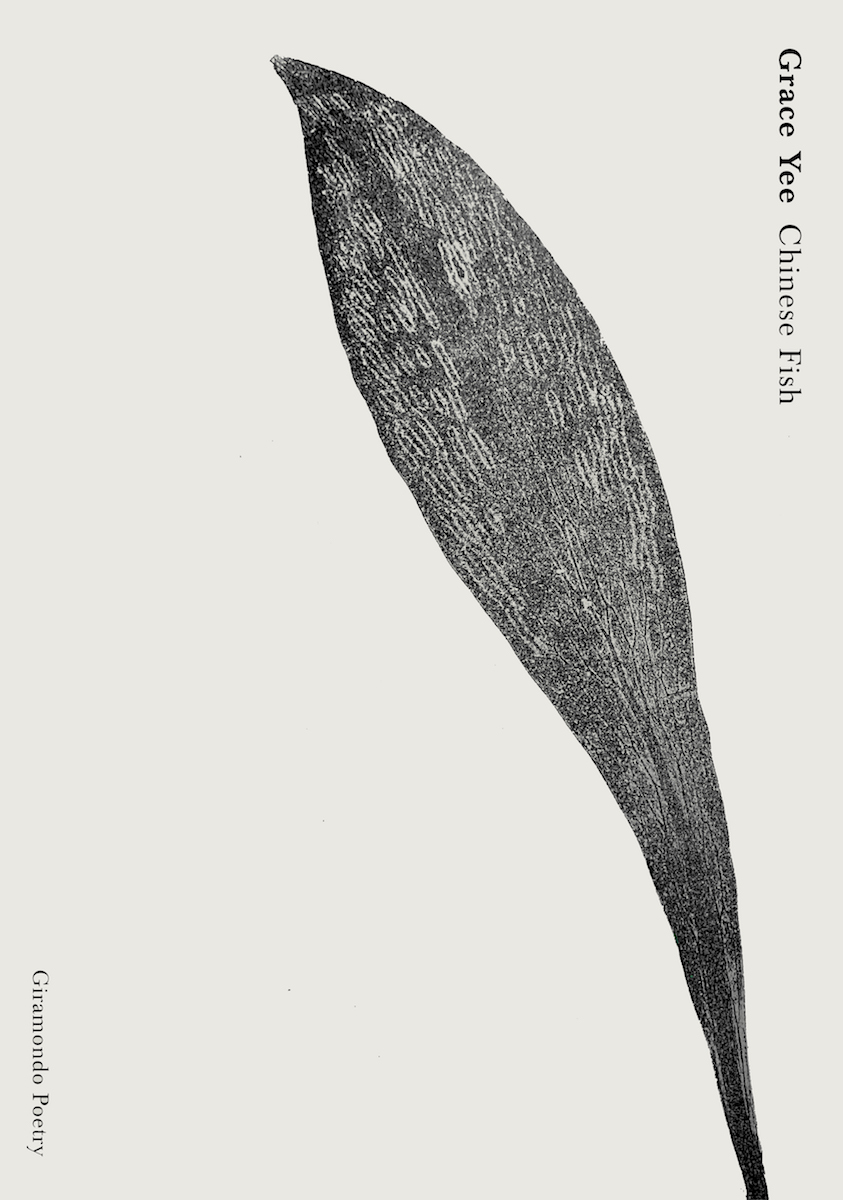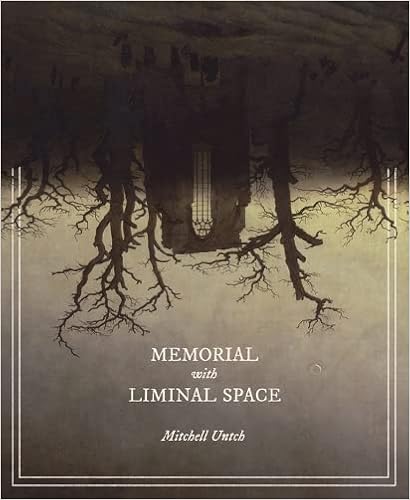 The book contains lists, poems in two different styles, one style is always in italic and written in a way like if the person writing the piece doesn’t have full command of the English language, the others are normal poems, some of the poems as well as the narrated pieces include some words in Chinese characters. Furthermore, the reader will encounter short dialogues, archival fragments, old policies, lists, eight pages (eight is considered a lucky number in Chinese culture) containing the pictures of a Chinese doll and some political comments.
The book contains lists, poems in two different styles, one style is always in italic and written in a way like if the person writing the piece doesn’t have full command of the English language, the others are normal poems, some of the poems as well as the narrated pieces include some words in Chinese characters. Furthermore, the reader will encounter short dialogues, archival fragments, old policies, lists, eight pages (eight is considered a lucky number in Chinese culture) containing the pictures of a Chinese doll and some political comments.
Category: Poetry Reviews
Sun-Showered Burial: A Review of Memorial With Liminal Space by Mitchell Untchs
 A Memorial With Liminal Space speaks eloquently and intimately-one of those hallowed late-night conversations with someone you’ve known for a very long time. Reading this book helped me feel more connected to myself, the larger world, and loved ones that have passed, and that is a beautiful feeling I am deeply grateful for.
A Memorial With Liminal Space speaks eloquently and intimately-one of those hallowed late-night conversations with someone you’ve known for a very long time. Reading this book helped me feel more connected to myself, the larger world, and loved ones that have passed, and that is a beautiful feeling I am deeply grateful for.
A review of Tuesday’s Child Is Full by PS Cottier
 Cottier hides treasures in every poems. Some of the treasures are not easily accessible because the poet very cleverly has hidden them in abstract pictures painted with words. Consequently, some of the poems may need more than one reading to get to their meaning. Others, like a Rorschach test, open a door in your mind and allows you to search for your own meaning which can be an excellent stimulant for the imagination.
Cottier hides treasures in every poems. Some of the treasures are not easily accessible because the poet very cleverly has hidden them in abstract pictures painted with words. Consequently, some of the poems may need more than one reading to get to their meaning. Others, like a Rorschach test, open a door in your mind and allows you to search for your own meaning which can be an excellent stimulant for the imagination.
A review of Clean by Scott-Patrick Mitchell
 The work is immediately hard-hitting, engaging with both the personal and the political in a way that feels as though it is removing layers from skin, revealing a deep vulnerability that is universal. The inherent pull between the many physical, philosophical and psychological impacts of addiction, attraction, joy and loss is rendered with such tenderness that the reader can’t help but feel as though Mitchell is writing about all of us, about the perilous and flawed nature of being human.
The work is immediately hard-hitting, engaging with both the personal and the political in a way that feels as though it is removing layers from skin, revealing a deep vulnerability that is universal. The inherent pull between the many physical, philosophical and psychological impacts of addiction, attraction, joy and loss is rendered with such tenderness that the reader can’t help but feel as though Mitchell is writing about all of us, about the perilous and flawed nature of being human.
A review of The Badass Brontës by Jane Satterfield
 Jane Satterfield vividly brings the Brontë sisters to life, showing them as quietly iconoclastic women in early nineteenth century England, at the dawn of the Industrial Revolution. While providing background in “dramatis personae” sketches and an historical outline at the end of the book, as well as copious illuminating epigraphs to many of the poems.
Jane Satterfield vividly brings the Brontë sisters to life, showing them as quietly iconoclastic women in early nineteenth century England, at the dawn of the Industrial Revolution. While providing background in “dramatis personae” sketches and an historical outline at the end of the book, as well as copious illuminating epigraphs to many of the poems.
A review of The Book of Falling by David McCooey
 There is no question that McCooey is a creative and sophisticated poet. In this collection he turns questions and lists into poems. He also has included various narrations and short poems which are precise and concise with manicured lines. One of the poems, “Your Life as a Movie”, cleverly shows the many ways we find meaning in life against its illogicality and incongruity.
There is no question that McCooey is a creative and sophisticated poet. In this collection he turns questions and lists into poems. He also has included various narrations and short poems which are precise and concise with manicured lines. One of the poems, “Your Life as a Movie”, cleverly shows the many ways we find meaning in life against its illogicality and incongruity.
A review of The Animals of My Earth School by Mildred Kiconco Barya
 Mildred Barya’s The Animals of My Earth School does that: it gets under the skin and into the psyche in a labyrinthine hall of mirrors, the reader like the writer seeing our human selves as animals and the animals as human reflections.
Mildred Barya’s The Animals of My Earth School does that: it gets under the skin and into the psyche in a labyrinthine hall of mirrors, the reader like the writer seeing our human selves as animals and the animals as human reflections.
A review of Jack Skelley’s Interstellar Theme Park: New and Selected Writing
 How Skelley is able to write lines that simultaneously describe, illuminate, juxtapose, and contradict is anyone’s guess. There is an intimacy, a voyeuristic quality to this work overall, as we turn each page, as if we’ve happened upon these poems, found them stashed away in a jean jacket pocket or borrowed them from a friend, like that treasured indie rock vinyl record. The lines are meant to be savored and shared. This is a collection that slows down time, forces the reader to stop and linger awhile.
How Skelley is able to write lines that simultaneously describe, illuminate, juxtapose, and contradict is anyone’s guess. There is an intimacy, a voyeuristic quality to this work overall, as we turn each page, as if we’ve happened upon these poems, found them stashed away in a jean jacket pocket or borrowed them from a friend, like that treasured indie rock vinyl record. The lines are meant to be savored and shared. This is a collection that slows down time, forces the reader to stop and linger awhile.
A review of Refugee by Pamela Uschuk
 As Uschuk probes the wounds of contemporary existence, we see how deeply she understands human suffering. Fortunately for readers, the author also brings abundant love for this difficult, complicated world that somehow keeps going. As “The Essential Shape” (100) reminds us, “Spinning, the earth begins” again, and “shapes itself with fingers of light.”
As Uschuk probes the wounds of contemporary existence, we see how deeply she understands human suffering. Fortunately for readers, the author also brings abundant love for this difficult, complicated world that somehow keeps going. As “The Essential Shape” (100) reminds us, “Spinning, the earth begins” again, and “shapes itself with fingers of light.”
An Inner Habitat for Searching: a Review of Rewild by Meredith Stricker
 I do not think Rewild suggests that love will save the human race. Rather, it brings us to consider that by participating in love we will save love, perhaps contributing to its existence and triumph in the cosmos—animism from an earlier human understanding of the world, wielded against indifference. We can infer the possibility of a universe without mankind.
I do not think Rewild suggests that love will save the human race. Rather, it brings us to consider that by participating in love we will save love, perhaps contributing to its existence and triumph in the cosmos—animism from an earlier human understanding of the world, wielded against indifference. We can infer the possibility of a universe without mankind.